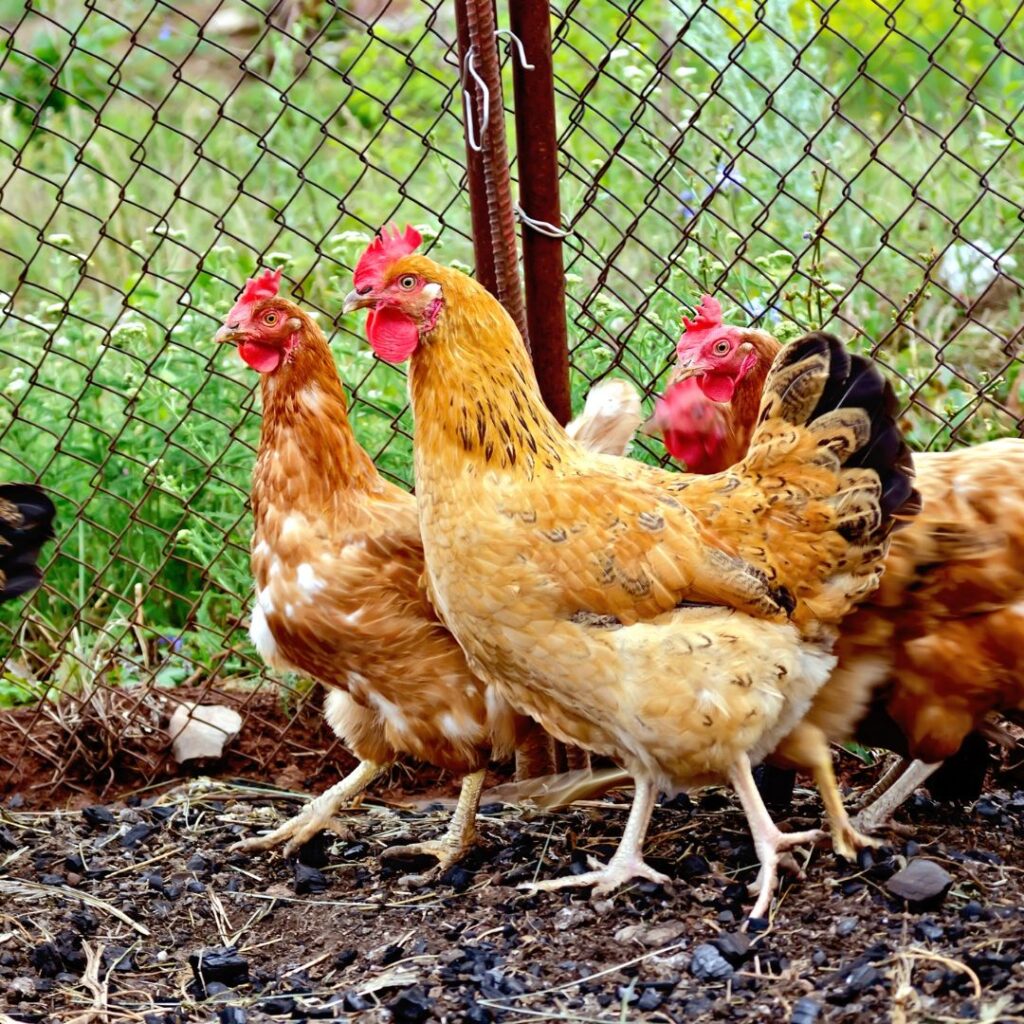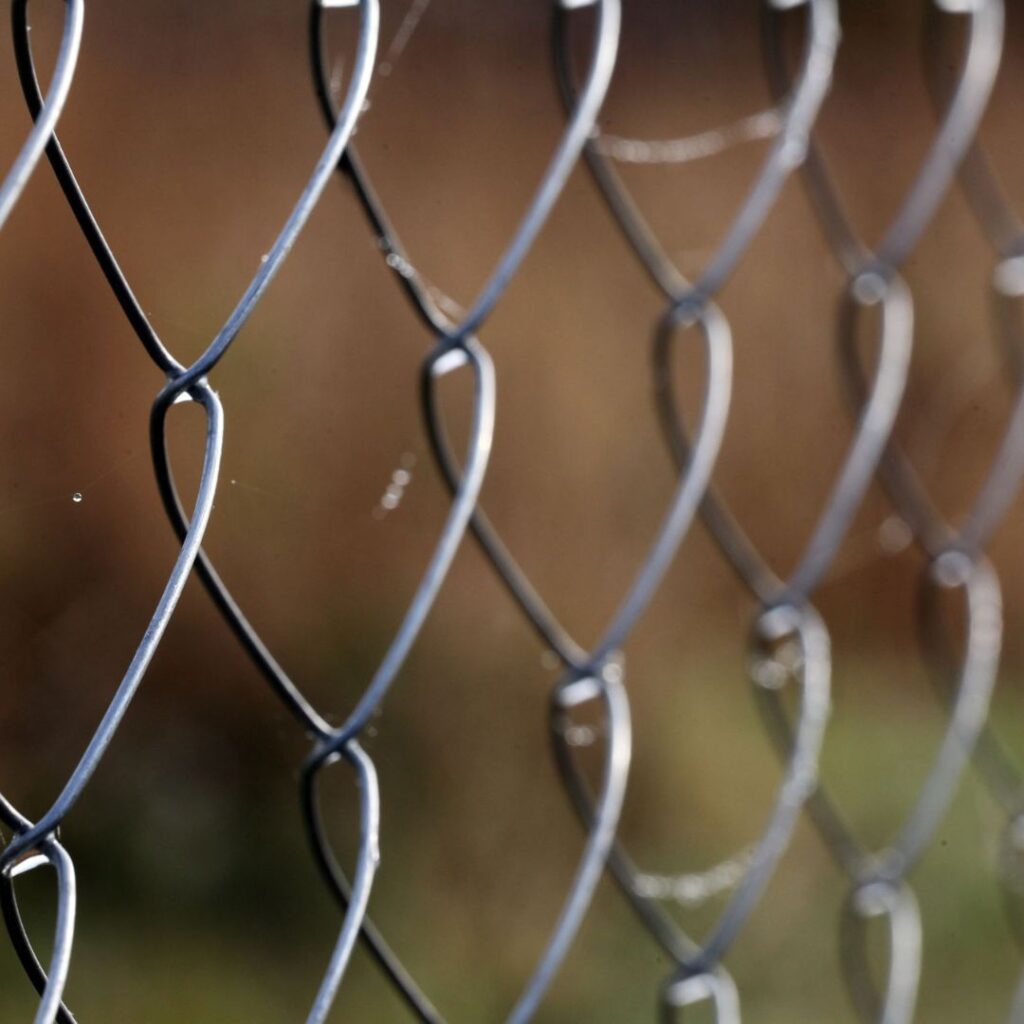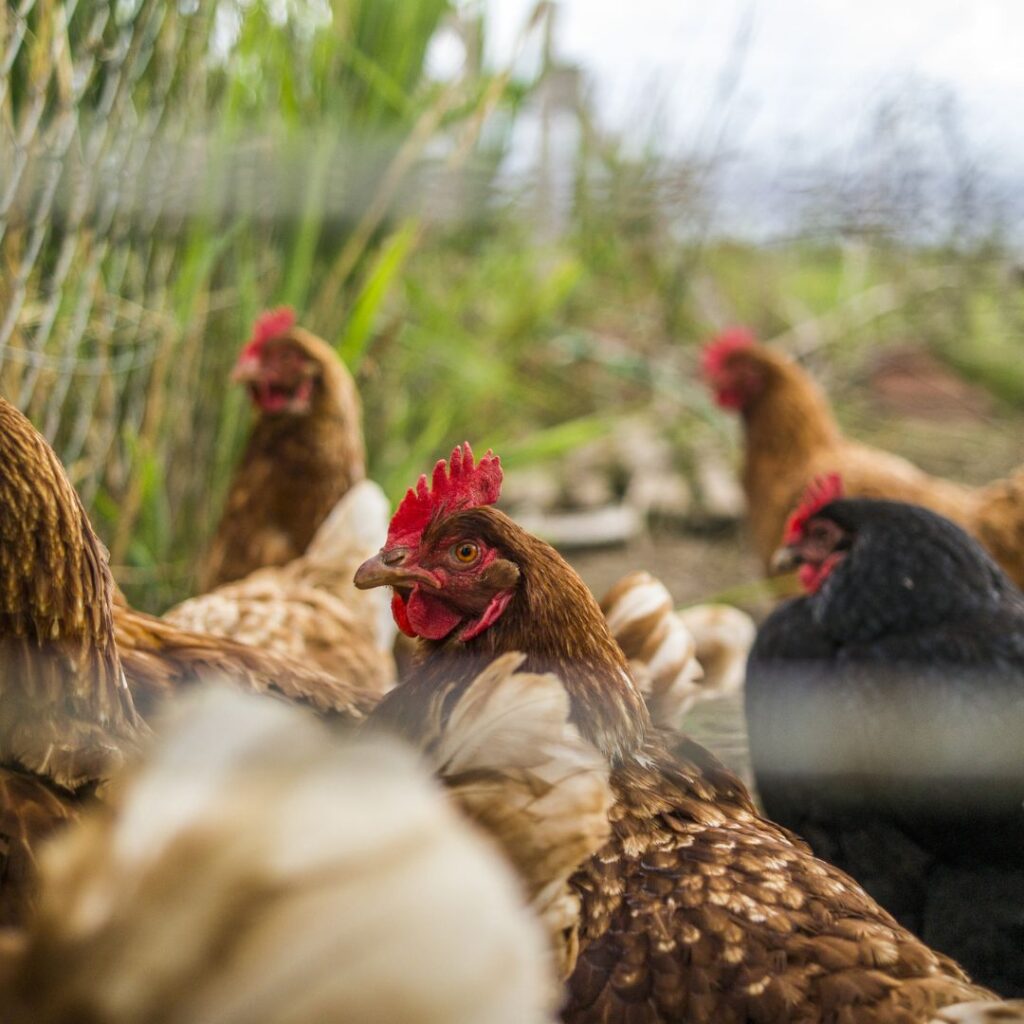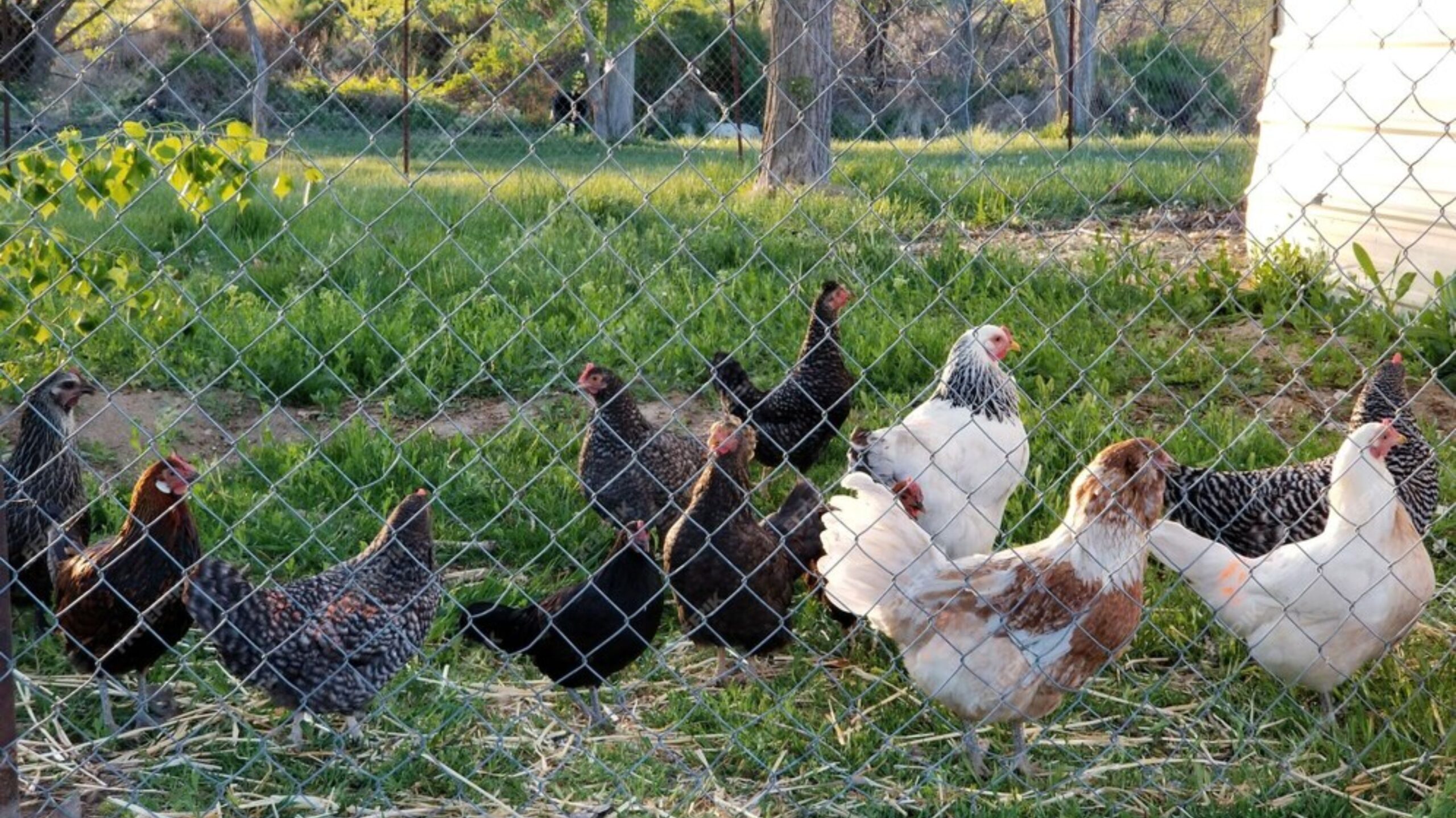
Introduction
Regardless of your level of experience with chickens, selecting the appropriate fence is essential for the security and welfare of your flock. Poultry aficionados favour chicken mesh fences because of its practicality and efficacy. We’ll go over all you need to know about chicken mesh fences in this blog post, including installation advice and its advantages.

What is a Chicken Mesh Fence?
A type of fencing intended especially to contain chickens and other small animals is called a chicken mesh fence, sometimes referred to as poultry netting or chicken wire. It is constructed of wire with tiny hexagonal or rectangular holes that let air and visibility through, effectively confining the hens. Usually made of coated wire or galvanised steel, the fence is strong and impervious to rust and corrosion. Its lightweight and flexible design makes it simple to handle and install, offering a useful and affordable way to secure chicken coops and runs.
Benefits of Chicken Mesh Fences
Poultry keepers can get several advantages from using chicken mesh fencing. First of all, they offer superior protection by keeping your chickens safe from foxes, raccoons, and dogs. The chickens may enjoy sunlight and fresh air because the mesh apertures are tiny enough to prevent most creatures from entering. Furthermore, chicken mesh is renowned for its robustness; composed of coated or galvanised wire, it is resistant to rust and can endure a range of weather conditions, making it an enduring solution. Its attractiveness is further enhanced by its ease of installation and price when compared to other fencing solutions. It is practical to use chicken mesh to secure chicken coops and runs because it is lightweight, flexible, and easy to handle and connect.
Security
Check for Gaps
For your chickens’ protection and safety, it’s imperative that you carefully inspect the fence after installing a mesh chicken yard for any gaps. your birds with an escape path or serve as possible sites of entrance for predators. the whole fence’s perimeter, being especially particular to note any places where parts overlap, corners, or the mesh meets the posts. To find any potential weak points, use a torch or bright light, and keep an eye out for even the smallest gaps. To ensure that the fence is consistently secure, fill up any holes by adding more mesh or wire.


Maintenance Tips
Regular maintenance is crucial to maintaining the best possible condition for your chicken mesh fence. In order to prevent breaches, periodically check the entire fence for wear indicators, such as bent or corroded portions, and take quick action to fix any problems you find. such as trees and other vegetation. Maintain regular cleanings of the mesh to get rid of any dirt or plant matter accumulation that may be affecting its beauty and functionality. To stop predators from digging beneath the fence, pay close attention to its bottom and make sure it is firmly secured.
Conclusion
In conclusion, anyone wishing to protect their hens’ safety and wellbeing should definitely consider installing a chicken mesh fence. It is a sensible purchase for both beginning and seasoned chicken keepers due to its combination of robustness, cost, and simplicity of installation. You can build a sturdy and safe enclosure that will keep your hens safe from harm and enable them to flourish by choosing the ideal height, fastening the fence correctly, and giving it frequent upkeep. When properly maintained, a chicken mesh fence fulfils its practical duty and offers comfort, allowing you to concentrate on spending quality time with your feathery companions.

